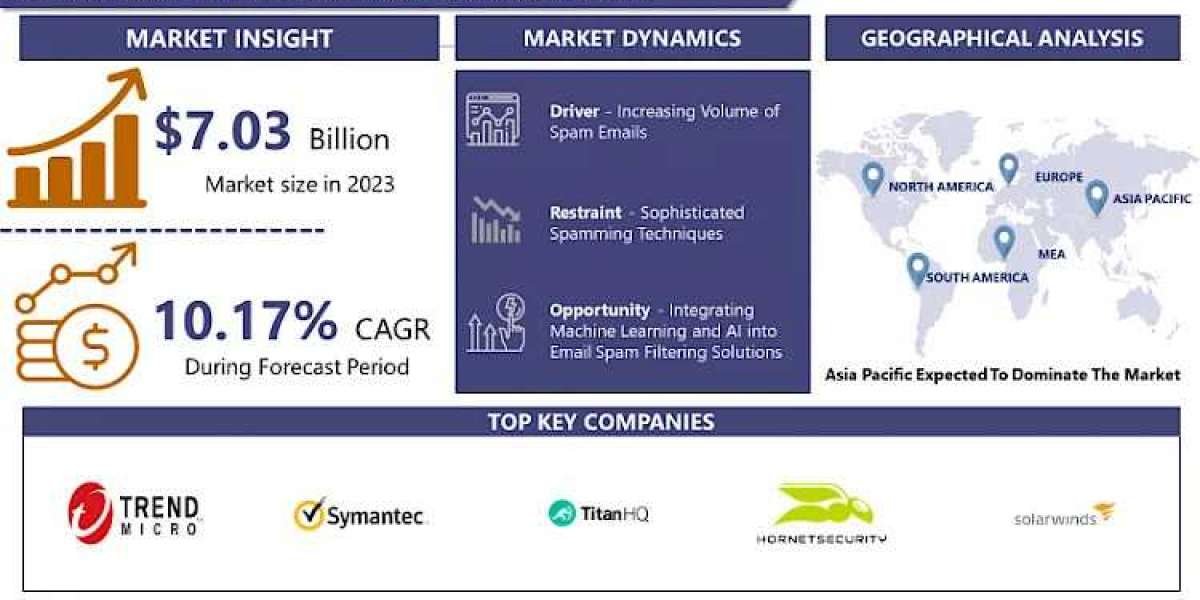How are Wearable ECG Devices Improving Cardiovascular Disease Monitoring in Home Settings?
Wearable heart-monitoring devices have transformed how cardiovascular diseases are managed, especially for at-home healthcare. Devices like smartwatches, fitness bands, and rings now offer continuous ECG monitoring, which helps detect early signs of heart abnormalities such as arrhythmias and atrial fibrillation. These wearables not only offer comfort and convenience but also allow patients to share real-time health data with healthcare providers remotely. Leading companies such as Apple, with its advanced ECG feature on the Apple Watch, and Fitbit, are at the forefront of this revolution.
The introduction of AI-based algorithms in these devices has made it possible to provide more accurate, timely predictions and data analysis. The wearables segment is expected to see continuous growth as more consumers adopt these devices for preventive healthcare, contributing significantly to the cardiovascular devices market's expansion
.
What Are the Latest Advancements in Minimally Invasive Cardiovascular Surgical Devices?
Minimally invasive procedures have gained popularity in cardiovascular surgeries because they offer shorter recovery times, less pain, and reduced hospital stays compared to traditional open-heart surgeries. Companies like Medtronic and Abbott have been leading innovation in minimally invasive devices, such as transcatheter heart valves and robotic-assisted surgical systems.
For example, Medtronic's CoreValve system allows for transcatheter aortic valve replacement (TAVR), significantly reducing the need for open-heart surgery. Robotic systems like the Da Vinci Surgical System enable surgeons to perform delicate cardiovascular surgeries with extreme precision. This trend is expected to fuel further growth in the cardiovascular devices market, with technological advancements focusing on improving patient outcomes and reducing surgical risks
.
How Are AI-Based Tools Transforming Cardiovascular Diagnostics?
AI-enabled diagnostic tools are revolutionizing cardiovascular care by improving accuracy, reducing human error, and providing faster diagnoses. AI is now integrated into several diagnostic systems, such as ECG machines and imaging equipment, to analyze large datasets and detect patterns that may go unnoticed by the human eye. This enables early detection of heart conditions such as coronary artery disease, congestive heart failure, and arrhythmias.
Companies like GE Healthcare and Siemens Healthineers are pioneering the use of AI in diagnostics, offering AI-powered imaging tools that can detect heart diseases more quickly and accurately. For instance, Siemens' AI-Rad Companion enhances cardiovascular MRI readings, providing doctors with detailed insights in less time. AI’s integration into cardiovascular diagnostics is expected to significantly boost market growth as healthcare providers look for solutions that increase efficiency and accuracy
What Are the Key Trends Driving the Growth of the Cardiovascular Stents Market?
The cardiovascular stents market is witnessing rapid innovation driven by the increasing adoption of drug-eluting stents (DES) and bioresorbable stents. DES, which release medication to prevent artery blockage, have gained popularity due to their effectiveness in reducing restenosis rates. Boston Scientific and Abbott are key players in this space, leading innovations in DES technology.
One of the most groundbreaking advancements is the development of bioresorbable stents, which dissolve after the artery has healed, minimizing long-term risks. Abbott's Absorb GT1 bioresorbable stent is one of the most notable products in this field. Innovations like these, coupled with a growing aging population and an increase in lifestyle diseases, are driving market demand for cardiovascular stents
| For more info. | Market Research | Related Report | Prostate Cancer Treatment Market |
| US health and wellness Market | |||
| Platelet Rich Plasma Market |












